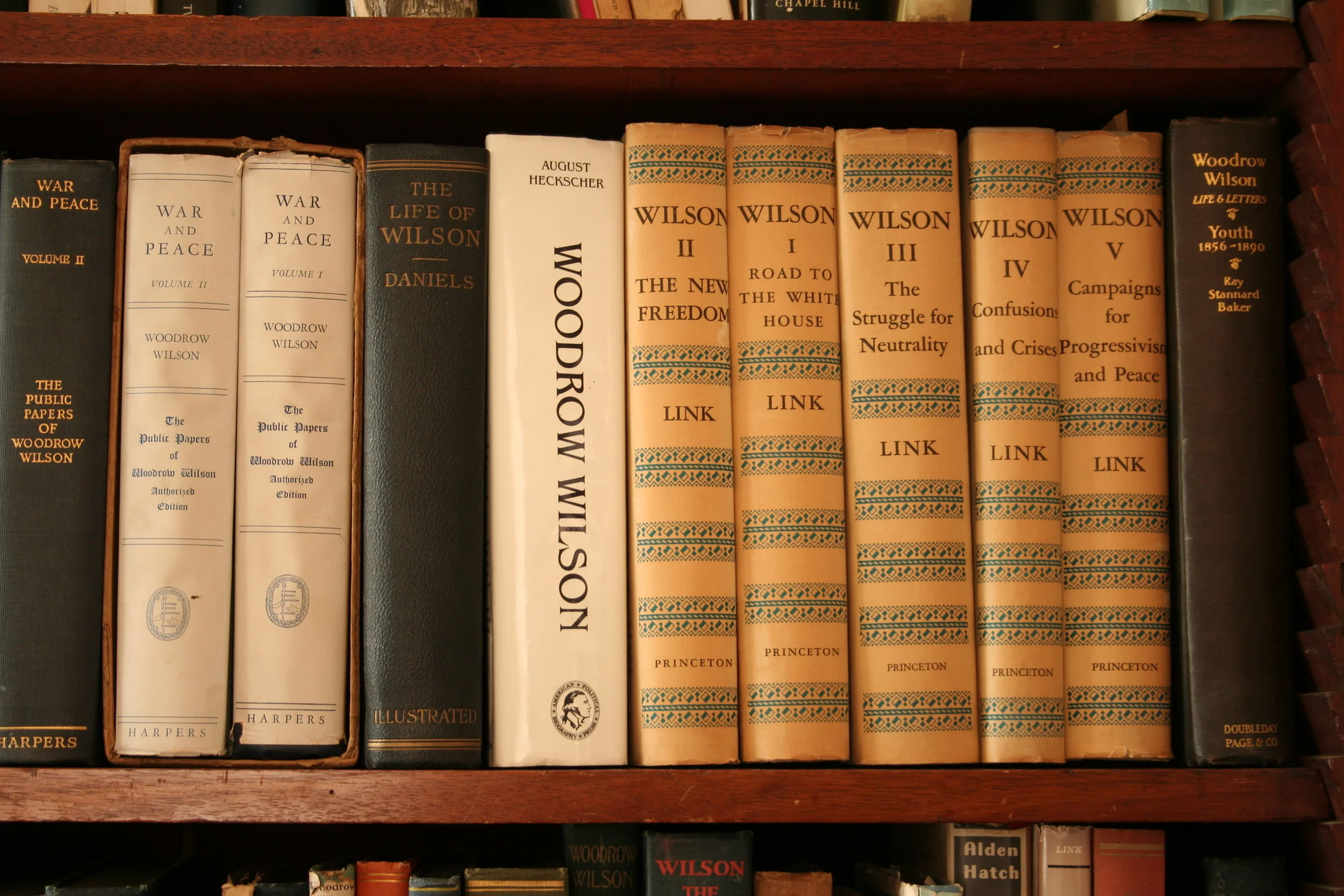Prohibition: The Volstead Act
/In 1919 the United States was technically still at war because Congress rejected the famed Versailles Treaty, which Wilson had worked so hard to pass. So when the Volstead Act was passed by the House and Senate and set before Wilson in October of 1919, it contained two sections: one that provided for the enforcement of the new Constitutional Amendment, and one that sought to enforce Wartime Prohibition, even though most Americans considered the war over.
That October, President Wilson was slowly recovering from a massive stroke he had suffered not a month prior but felt motivated to take a position against the Volstead Act. He took issue with the second part of the Act that called for enforcement of Wartime measures, which he felt were now unnecessary. In his official veto of the Volstead Act, Wilson warned that when dealing with matters that affected the “personal habits and customs of large numbers of our people” it was more essential than ever that legal procedure be taken most seriously. Wilson was never an outspoken supporter of either the “wet” or “dry” positions, and even took care to avoid the polarizing debate in his 1916 election campaign. However, Wilson was a firm believer in progressive action and lawmaking, and was an outspoken supporter of civil liberties. His veto attempt was ultimately informed not by the size of his wine cellar, but by his desire to protect the rights of citizens from improper legislation.
However, Wilson’s largely technical civil liberties argument was of no matter to the House of Representatives, who overrode his veto just two hours after receiving it. The Senate agreed and the Volstead Act became law on October 28, 1919, coming in to force in January of the next year. It certified “intoxicating liquors” to be any substance that contained over 0.5% alcohol. Many in the country, including people from counties that had been dry for decades, hoped that prohibition would ease the country’s ills. The issue remained a central focus of American politics until the Great Depression. One reason for this, however, was that alcohol remained available in so many places. Prohibition did not stop alcohol from reaching the streets. As AJ Jennings wrote to his friend from Chicago a year later, “And Ed you can buy real whiskey for 2.50 a quart. Canadian Club.”
President Harding would see Congress’ Knox-Porter Resolution finally allow for a formal treaty signing with minimal pomp or circumstance between American and Germany in Berlin on August 25, 1921. The Prohibition Amendment, the only addition to the United States Constitution to inhibit a freedom rather than expand one, did decrease alcohol consumption, but also created a boom in organized crime and corruption. As many people, both serious and not so serious, had predicted, the United States eventually turned against the Volstead Act because it came to be seen as a brake on economic recovery and an insult to the rule of law.





